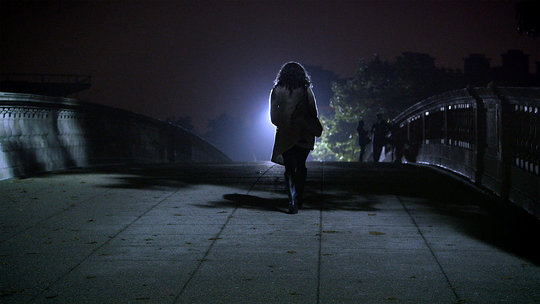 Kirby Dick's latest documentary, The Hunting Ground, is a downright infuriating expose of the sexual assault and rape crimes committed across U.S Universities far and wide. The Hunting Ground exposes how these instiutions turn a blind eye, only concerned with protetcting their brand. From the University of North Carolina to Harvard, the film exposes the victim blaming and cover-ups that occur at these prestiges universities, a tragic case of money trumping morality. This film profoundly captures the deep emotional devastation such a crime as rape or any form of sexual assault has on the victim, making this a film that can be hard to stomach at times. This is a film that is intimate but massive, and while Kirby DIck exposes universities looking the other way for the sake of their brand, the film begins to show the bigger problem in our society as a whole, with college campus' being the perfect breeding ground. The most interesting aspect of the film is how it is a constant reminder of the darker side of capitalism, with a scholl being a business that makes millions off of tuition, college athletics, fraternites, alumni, etc. With the inherent subject matter of The Hunting Ground being so soul crushing it did seem strange to me how manipulative this film was at times, with Kirby Dick using forced and unncessary imagery. I have always found that Dick's films talk down to the viewer, as if Dick believes he is an intellecutal godsend, but this film is certainly one of the better ones from that perspective.. A tough film to stomach, Kirby Dick's The Hunting Ground is an infuriating and devastating film that makes a strong case that sexual assault is an outright epidemic.
0 Comments
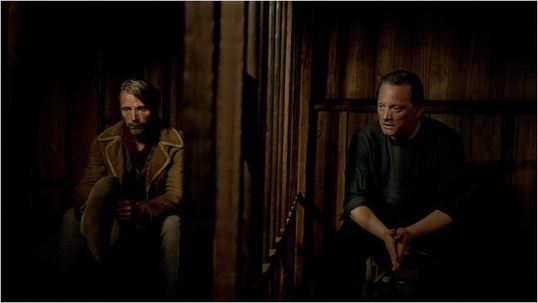 Set in 1870's America, Krisitan Levring's The Salvation tells the story Jon and Peter, two Danish brothers, who have left their homeland for America, living out west. Starting a new life for him and his family, Jon arrived ahead of his family with his brother Peter, but today is the day that Jon's wife and ten-year-old son arrive in America. Reunited with the two most important people in his life, Jon couldn't be happier, but lets just say on the stagecoach ride to town things don't go well. Krisitan Levring's The Salvation is a revenge story that borrows many of the typical tropes of the American Western bringing european sensibilites and brutality. Mad's Mikkleson is obviously well cast as our main protagonist but it's Jeffery Dean Morgan's Dalarue that surprised me, a ruthless, stone-cold killer who terrorizes the small Western town. It's a love letter to the Western genre, capturing the anarchic state of the wild west where justice seems to only be an allusion. Very stylistic and expressive in its photography, The Salvation using lighting in a way that certainly wouldn't be attributable to the Western genre, but Levring aims for an authentic feel, even using old timey lenses in a few key sequences to do so. The Salvation isn't overly gorey or bloody but it's a brutal slice of filmmaking, being a good reminder that sometimes less-is-more in certain moments of the film. Given that Dalarue is working for a oil company and The Salvation's final shot is a bunch of oil deacons, the film could certainly be considered a parable for corporate greed, but it wouldn't be completely earned, almost hinted at but never discussed. Sure to be enjoyed by fans of the Western genre, The Salvation is a brutal and dirty revenge story that brings a unique perspective. 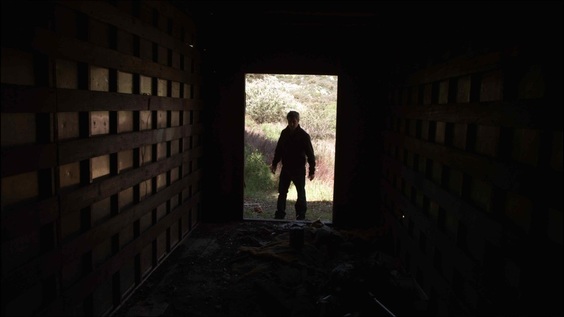 Happily-married and expecting a child very soon with his wife, Mike has finally reached a point in his life where he feels satisfied. The one dark spot of Mike's life is his friend Chris, who suffers from methamphetamine addiction. In a last ditch effort to save his best friend Chris, Mike forcefully detains him in an abandoned cabin on the edge of an Indian reservation, hoping the cold turkey approach will do the trick in ridding him of his addiction. This attempt to save his friend's life takes an unexpected turn when ominous threats begin to surface from all angles. Justin Benson & Aaron Moorhead's Resolution is meta-examination of the current state of the horror genre that routinely spurs audience expectations. Taking place in the middle of nowhere, Resolution creates an ominous atmosphere, instilling a sense of isolation and the prospect of danger from every turn. From the homeless men living in the mysterious cave, to the junkies out to collect from Chris, Resolution plays with the viewers perceptions as to who the real threat of this story is. Voyeuristic photography only aids in this sense of dread, routinely using perspectives that imply that Chris and Mike are being watched by someone or something. Bound to frustrate some viewers, Resolution becomes a film interested in deconstructing the horror genre through a meta-approach, confronting the viewer's notion of what makes up a satisfactory conclusion to a horror film. Justin Benson & Aaron Moorhead's Resolution is a well-crafted, surprisingly funny indie horror film intent on raising interesting questions about the current state of the horror ending as it pertains to expectations and satisfactory finales.  Darius Clark Monroe's Evolution of a Criminal is a deeply personal journey of one man's path to personal redemption. A story based off the filmmaker himself, Evolution of a Criminal examines how a good natured boy can decide, at 16-years-old, to rob a Texas Bank of America. Chronicling his life from an early age, Darius attempts to put the pieces together, showcasing a family growing up in an economically oppresed environment. Darius never makes excuses for his actions, never seeks pity, instead Evolution of a Criminal is a poignant cautionary tale. Evolution of a Criminal isn't interested in dissecting the American correction system only focusing on a man seeking forgiveness. Interweaving between impressively photographed reenactment footage and candid one-on-one interviews from people involved from every angle, the film raises compelling questions about the psycholcogical effects of a young child growing up in poverty. While Evolution of a Criminal does a fantastic job of having all the inverviees open up with utter honestiy, what makes the film so compelling is that Darus's story is deepy personal and his emotion and attonment feels geniune. Engaging, raw, and powerful, Evolution of a Criminal was an over looked docuemntary from 2014 about a man trying to put his life back togheter and atone for his sins. 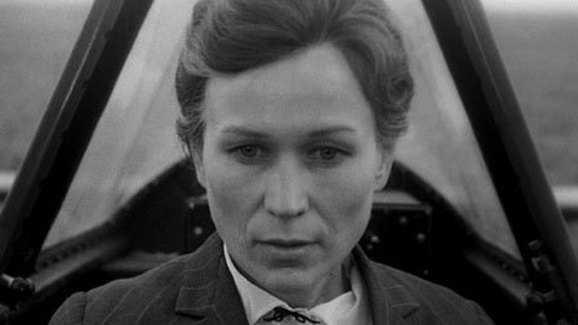 Based on a true story, Larisa Shepitko's Wings chronicles the story of a famous female fighter pilot who attempts to make a life for herself in the post World War II era. Working as a school administer in an oppressive regime towards females, , she struggles to find self-worth in the post war era, even unable to find excitement as it relates to her daughter's recent marriage. Time has passed her by, with her own daughter seemingly wanting little to do with her, leaving this fighter pilot struggling in the present. This woman simply feels insignificant, with the present paling in comparison to the past. Much of Larisa Shepitko's Wings is a pensive study of a woman trying to adjust to in the postwar era. As a way to deal with her current state of inadequacy, this woman constantly reminisces of her past as a pilot and where she was important, respected, and felt truly free. Larisa Sheptiko, the wife of Elem Kilmov, proved right out of the gate that she is a talented filmmaker in her own right with the beautifully realized Wings. For a first feature, Wings is very impressive, a film which perfectly captures the psyche of this woman who has no real connection with the present. Shepkio's use of visuals is particularly impressive, almost hallucinogenic in nature, which effectively capture her longing for the past. Wings is part heartfelt tribute to the men and woman of WWII, part tale of old-era Soviet Union, that effectively captures the loneliness of these individuals who feel lost and deserted in the present, constantly escaping to memories of the past. Larisa Shepitko's Wings offers a stunning glimpse of a bygone era in the Soviet Union, touching on the segregation and oppression of woman, in creating a poignant and touching portrait of a celebrated fighter pilot returning home. 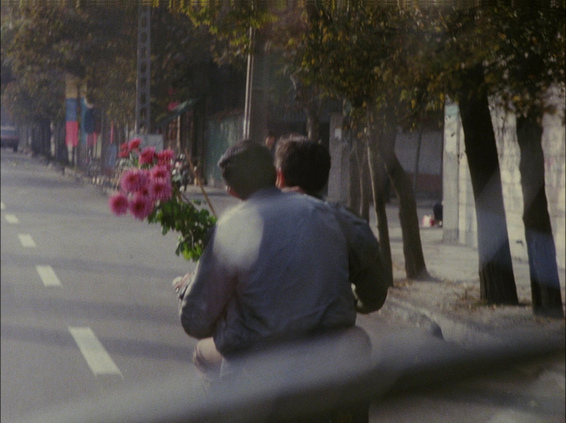 Abbas Kiarostami is the story of Ali Sabzian, a poor man who on a whim, claims to be the famous Iranian film director Mohsen Makhmalbaf to a fellow passenger on the bus. What is innocent enough in the beginning becomes much more convoluted when the passenger introduces Sabzian to her family. Falling further down the rabbit hole, Sabzian falls victim to the respect he is receiving by those who think he is Mohsen Makhmalbaf, even telling the family that he intends to use their home in his next film. Eventually the family becomes aware of Ali's deceit, taking him to court for fraud. Abbas Kiarostami's Close-Up is a fascinating blend of documentary and drama that effectively reminds the viewer that many crimes and deceits are not as black and white as we make them out to be. Filming the proceedings of the trial, Close-Up gives one of the most pensive looks into a man accused of a crime, peering into his soul and discovering a good-hearted man whose sadness and suffering has led him down this path. It becomes clear that Ali is not a man who intended on taking advantage of the family, but a tender, broken down man who fell victim to his own desires to have his life feel meaningful, longing to feel important in the face of this wealthy family. The ending of the film is one of the most sweet, tender, and touching sequences I've seen in a while, personifying the importance of second chances and exposing the tender soul of a man in Ali. Abbas Kiarostami's Close-Up is a layered film that touches on many aspects of society from economic class to the power of art, using this man's personal story to create a powerful portrait of society as a whole, doing so in a completely organic way. 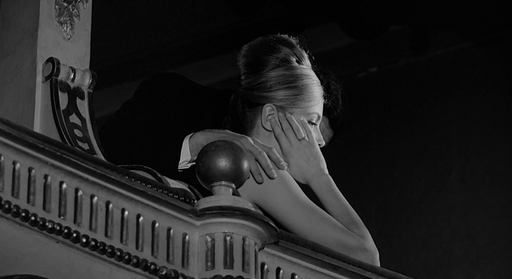 Bernardo Bertolucci's second feature 'Before the Revolution' is a cinematic opus of style much like french new wave film's 'Breathless', "Jules and Jim', etc. Centering around the Revolution of 1948, the film follows a young man, Fabrizio, from an upper class family who is on the brink of adulthood. He struggles with his beliefs, from the separation of church and state, to questioning the economic class system, among other things. After his good friend drowns, Fabrizio meets his Aunt Gina, and they begin to fall in love with each other. While this relationship could easily feel incredibly uncomfortable for the viewer, Bernardo Bertolucci never lets it become distracting, barely even addressing the odd relationship and in doing so, it never comes awkward or uncomfortable. Before The Revolution is certainly a philosophical film, like many films of this specific era, featuring lots of sophisticated dialogue about class struggles, and religion, among other things, but the real treat of Before The Revolution is Bertolucci's visual style that he unleashes in this film. It almost feels as if Berolucci is experimenting throughout the film, in the best possible way, playing with editing, framing, optical, etc. to create a visceral experience that always feels fresh and interesting. Gina, played by Adriana Asti, is such a fascinating character- a bundle of anxiety, energy and emotion. The style of the film symbolizes youthful exuberance, with Before The Revolution being about these young character's journey towards adulthood, perfectly capturing the young idealistic nature that exists when discovering the world on a more complex level. With themes of revolution, conformity, fascism, Bernardo Bertolucci's Before The Revolution is a dense exploration of a host of societal issues, being an important film that shouldn't be missed. 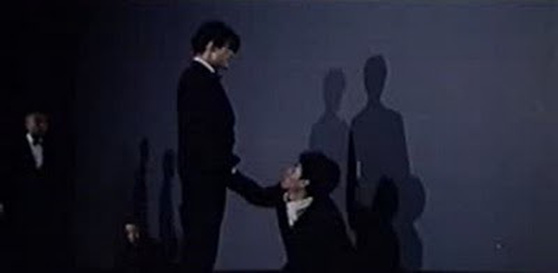 Wildly regarded for his Pink films, Hisayasu Sato is known tor tackling sexually subversive themes, and with Muscle, he has created a serious and haunting foray into Sadomasochistic culture, particularly as it pertains to homosexuality. The film is centered around Ryuzaki, an editor of Muscle Magazine. On his latest assignment, Ryuzaki attends an experimental play, where he first notices Kitami. Infatuated by Kitami, the two begin a passionate relationship that starts off tender but soon enough Kitami's more sadistic tendencies come to the surface. Sadomasochistic games become the norm, and during one particular passionate excursion involving knives, Ryuzaki cuts off Kitami's arm. Jump forward a year we find Ryuzaki being released from jail, setting out on a journey to find Kitami, the man Ryuzaki has fallen deeply in love with. Hisayasu Sato's Muscle is a film about the darker aspects of love, passion, and obsession, with Ryuzaki being a man who becomes infatuated with Kitami after experiencing such passionate pleasure. Shot with an oppressive sense of depth and color, Muscle feels almost like a nightmare, as Ryuzaki searches far and wide for Kitami, visiting every sex club and back alley possible. Similar to most of Sato's films, Muscle explores the relationship between pain and pleasure, but what makes this film so interesting is its downtrodden homage to Pier Paolo Pasolini. Muscle's similarities to Salo are obvious, being a film dealing somewhat in themes of sexual liberation, but how Ryuzaki's relationship with Kitami mirrors The Visitor in Teorema is a fascinating homage. Kitami is a character who has instilled a sexual awakening in Ryuzaki, but this awakening has created a borderline obsession, which also threatens to destroy him. The finale of Muscle is a strange mix of violence and passion, with Ryuzaki going to extreme lengths to express his love for Kitami. It's a sequence that only Japanese cinema can provide, being surprisingly romantic in the most subversive way possible, while capturing the power passion has over all of us. Subversive, strange, and unique, Hisayasu Sato's Muscle is part horror film, part subversive romance, arguing how we are all slaves to our passionate desires. 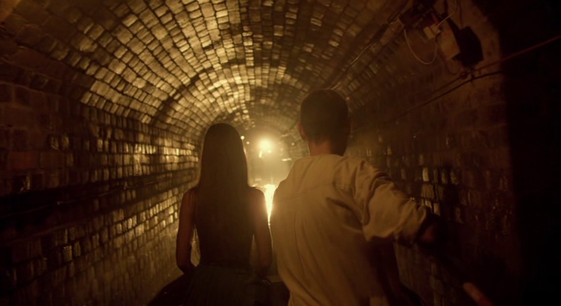 Drawing inspiration from Dante's The Divine Comedy, Lech Majewski's Onirica: Field of Dogs is a surrealistic dream of a film that is bound to be appreciated for its visuals alone. Dreamlike in execution, the narrative of Field of Dogs is centered around Adam, a poet and literature professor, who has lost his lover and best friend in a car crash. Consumed by grief, Adam quits his job and starts working at a supermarket, throwing away all hope. Onirica: Field of Dogs is a beautiful evocation on grief and loneliness that takes place in a dreamlike world somewhere between real-life and Adam's psyche. Pensive in approach, the film is a philosophical study of life and death, dispair and happiness, that juxtaposes Adam's personal tragedy with larger national tragedies that struck Poland, from the plane crash that resulted in the death of many members of parliament, to the vast floods that ravaged southern Poland. For me, Lech Majewski's film is a challenging film about the importance of hope, using Adam's personal struggle to personify this. While a lot of people have struggled to see the correlation between Dante's poem and Majewski's work, Adam's grief and eventual acceptance, which is illustrated by a beautiful surrealistic sequence towards the end of the film, seem to represent the three stages -Hell, Purgatory, and Paradise, in Dante's work. Visually the film is frankly another incredibly visual treat by Lech Majewski, who creates arresting imagery that consumes nearly every frame. I pariticularly loved the use of flouresent lighting in the supermarket, using the sterile glow of the lights as a symbol of Adam's psyche. A film that is probably only for the most dedicated fans of arthouse filmmaking, Lech Majewski's Onirica: Field of Dogs is a challenging piece of filmmaking that uses a meditative portait of one man's grief to touch on universal ideas surrounding life and death, and hope and defeat 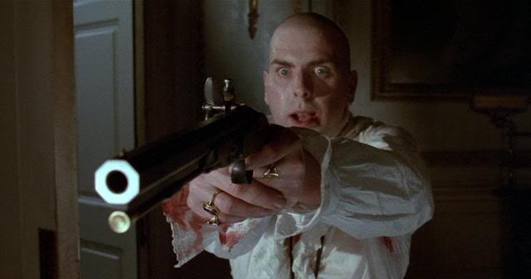 The premise of Ken Russell's Gothic is a fascinating one - Taking place in 1816, Percy Shelly and his soon-to-be wife Mary, accompanied by her sister, Claire, travel to the home of exiled writer Lord Byron. When they arrive, the three of them, along with Byron and his biographer, conjure up their greatest fears in the form of ghost stories, using the assistance of drugs to exacerabete their imaginations. Re-creating the fateful story of two literary giants in Mary Shelley and Lord Byron, Ken Russell's Gothic is another one of the filmmaker's subversive biopic-type films that puts a heavy emphasis on intoxicating visuals and atmosphere. LIke most of Russell's work, Gothic is uncompromising in its desire to throw conventional narrative out the window, opting instead for a bombastic visual style full of symbolism and surrealistic flourishes. What makes Gothic more accessible than many of these other films is the subject matter - a horror film - that sees all of these characers drug-induced nightmares come to life on screen. Gothic is full of grotesquely beautiful imagery that will shock and awe but what really makes the film fascinating is Russell's thematic intentions revolving around art and creation. Russell uses the ghost story of Gothic as a metaphor for the creative process, creating a unique perspective on what it means to create art, and in doing so, captures how deeply personal that can be. Mary is the closest thing to a central character in Gothic and her ability to confront her fear in the end is what leads her to artistic breakthrough. Challenging, strange, and downright outlandish, Ken Russell's Gothic is a film that is bound to frustrate most viewers but it's also a unique and fascinating biopic that challenges the idea of creating art. |
AuthorLove of all things cinema brought me here. Archives
June 2023
|



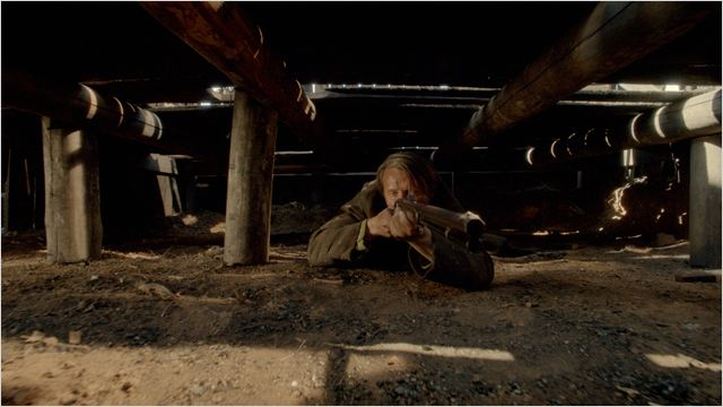
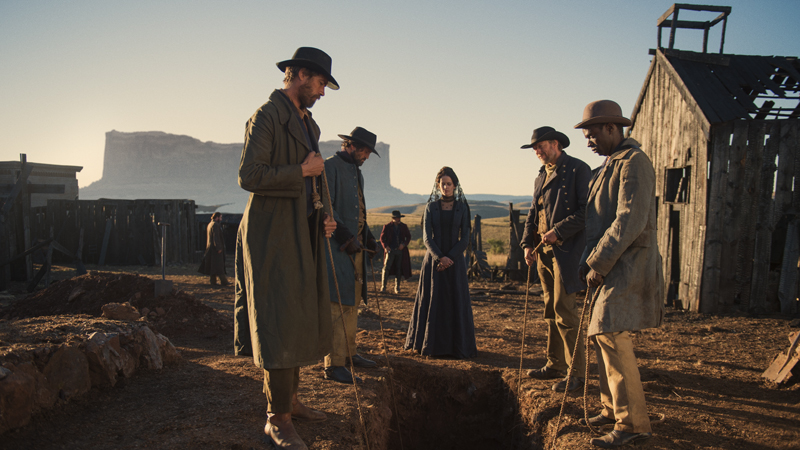
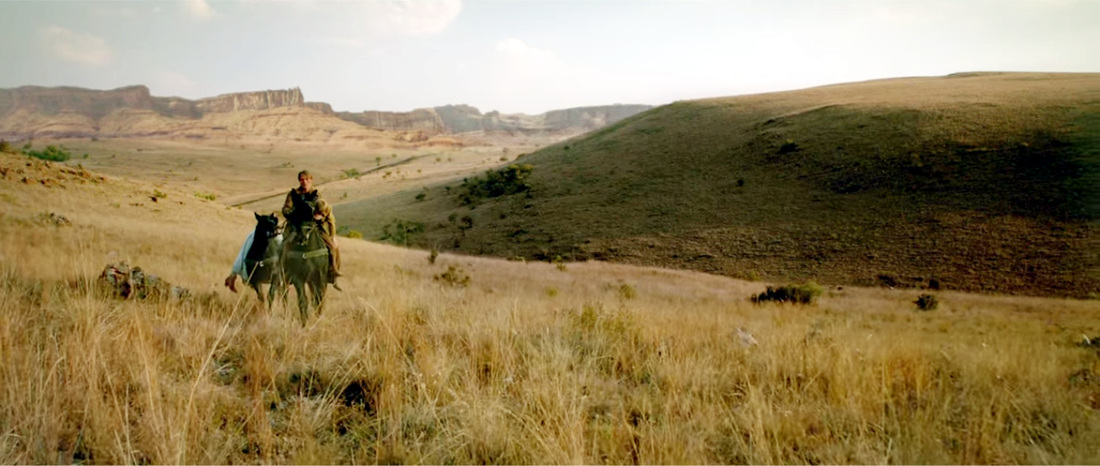
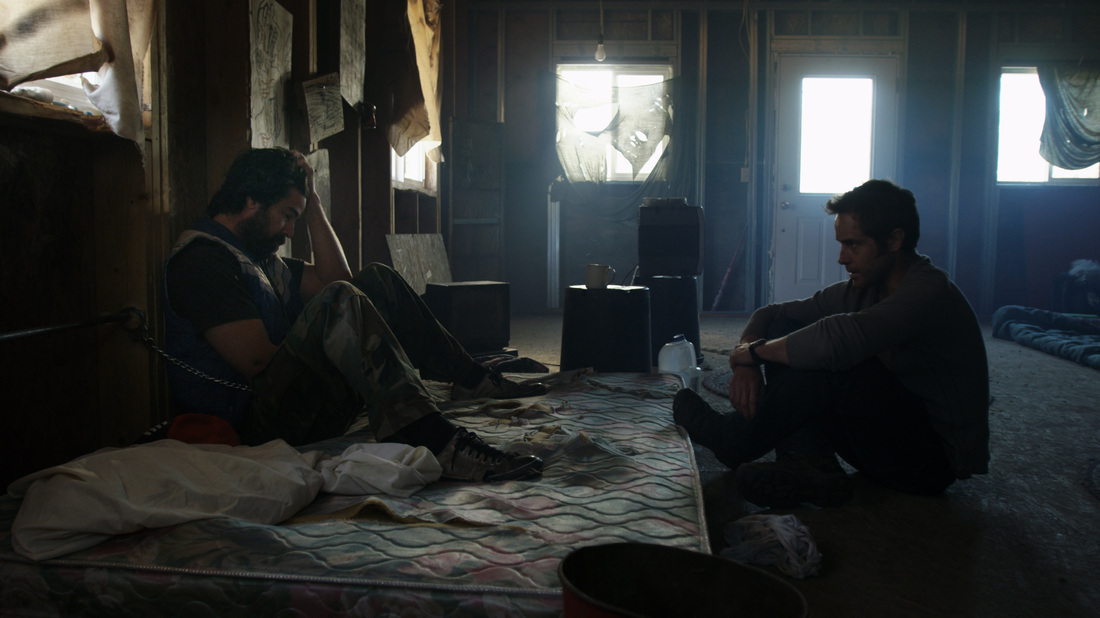
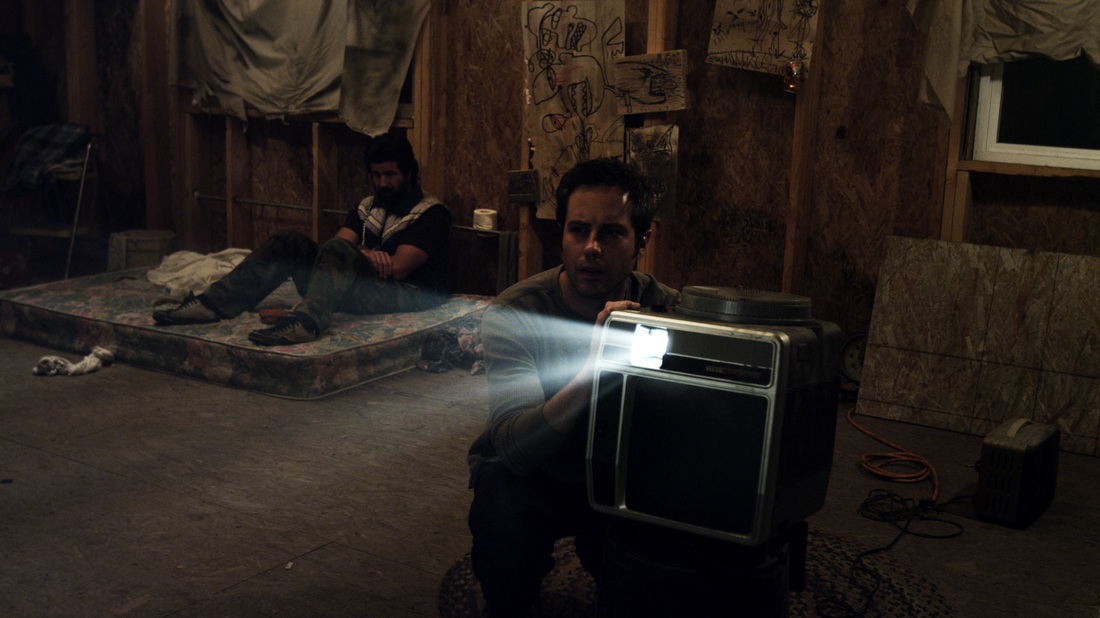
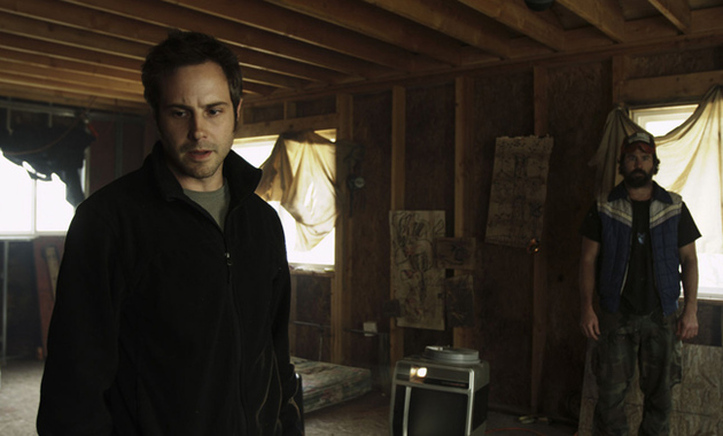
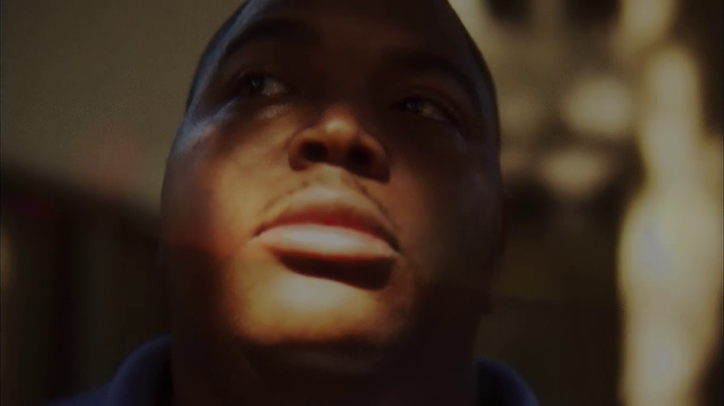
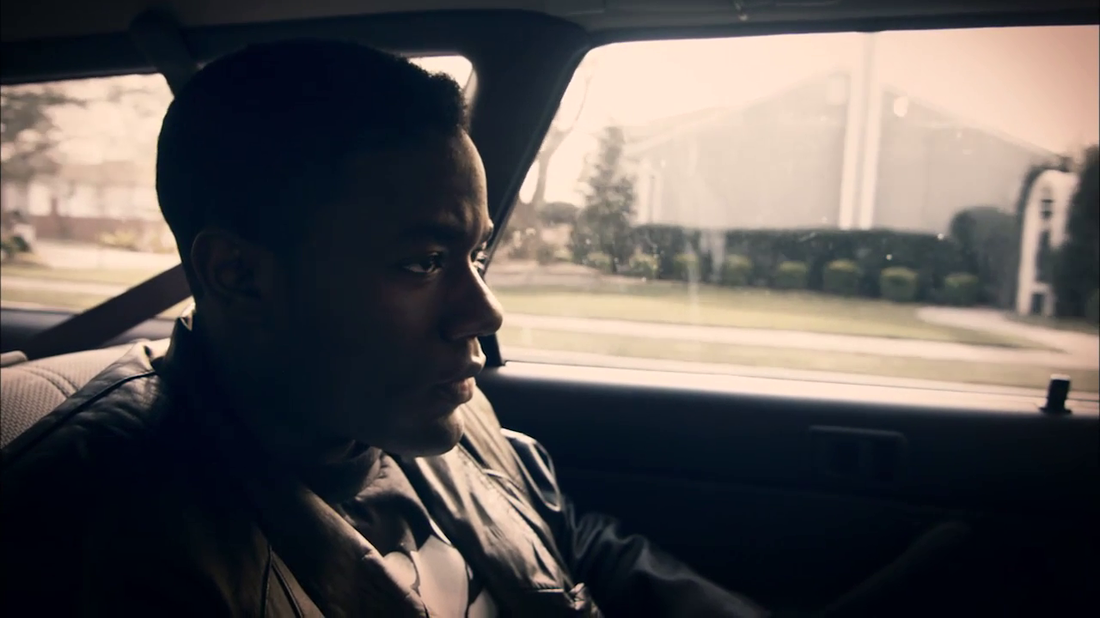
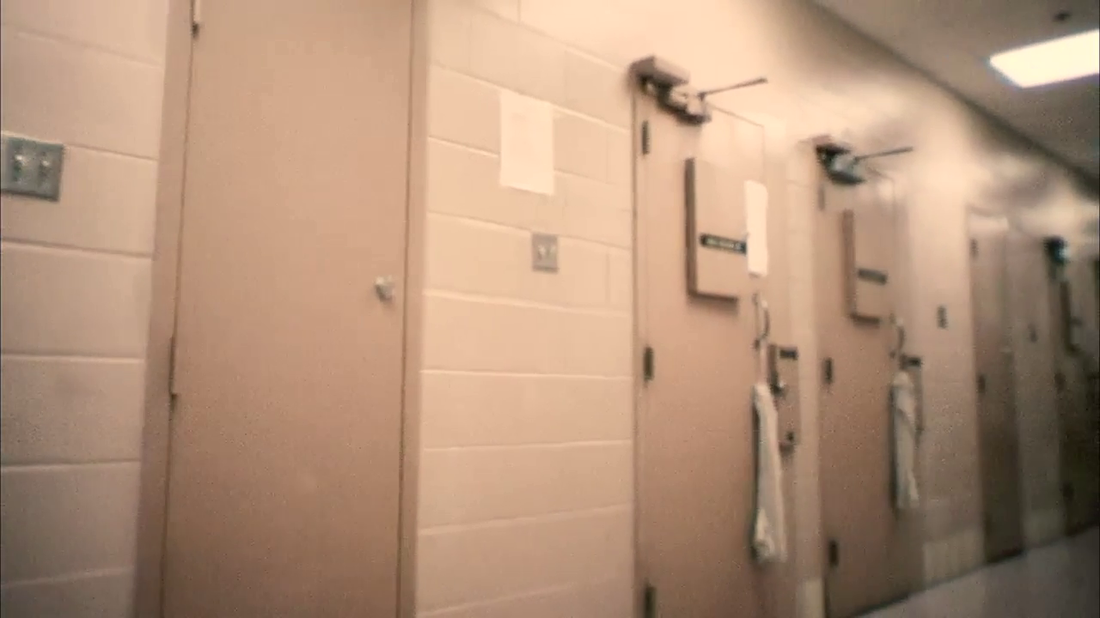
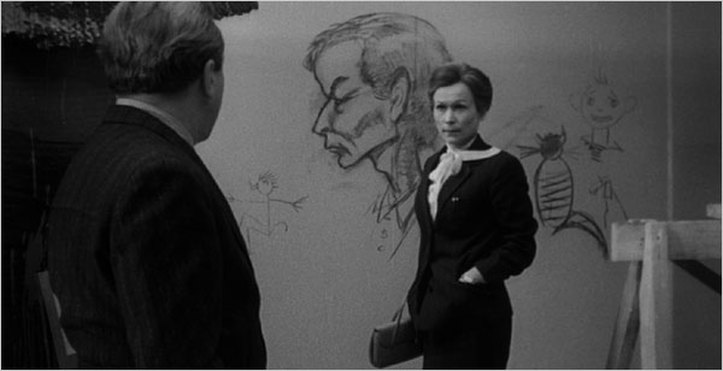
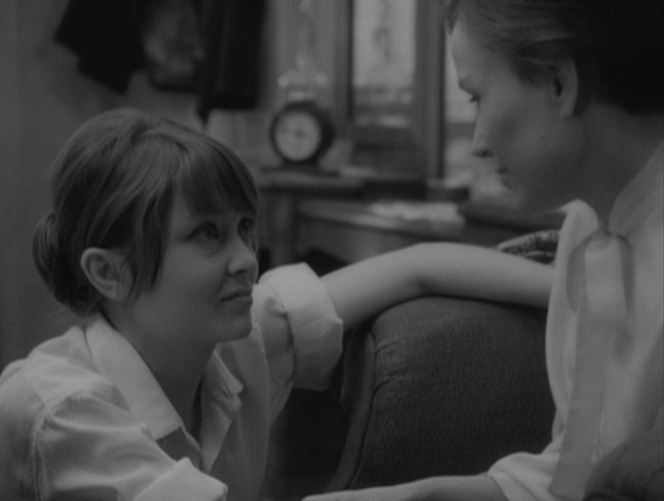
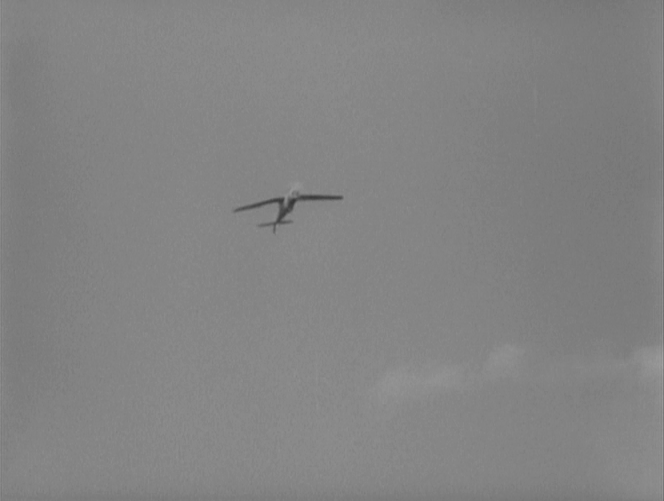
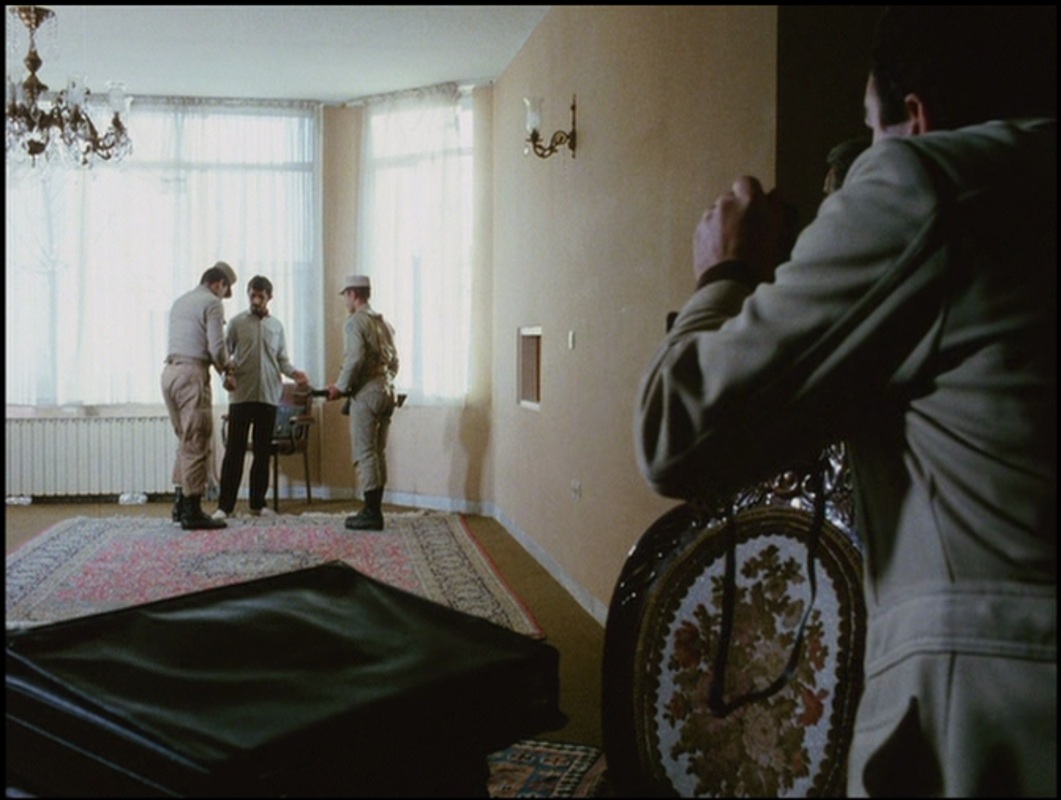
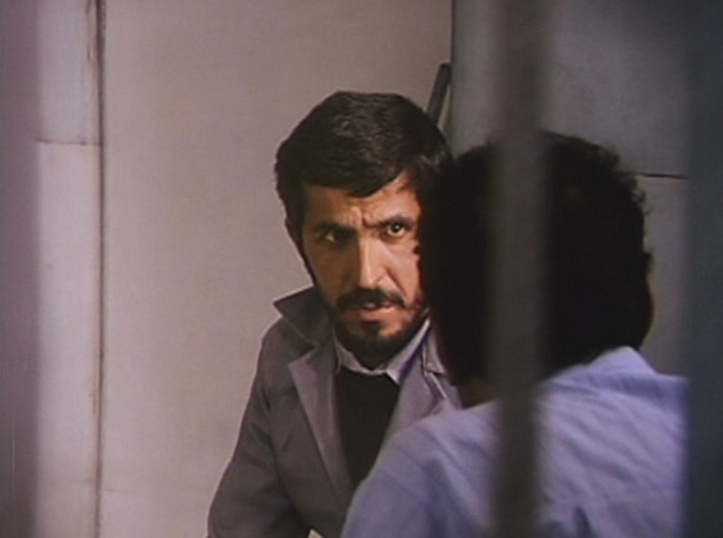
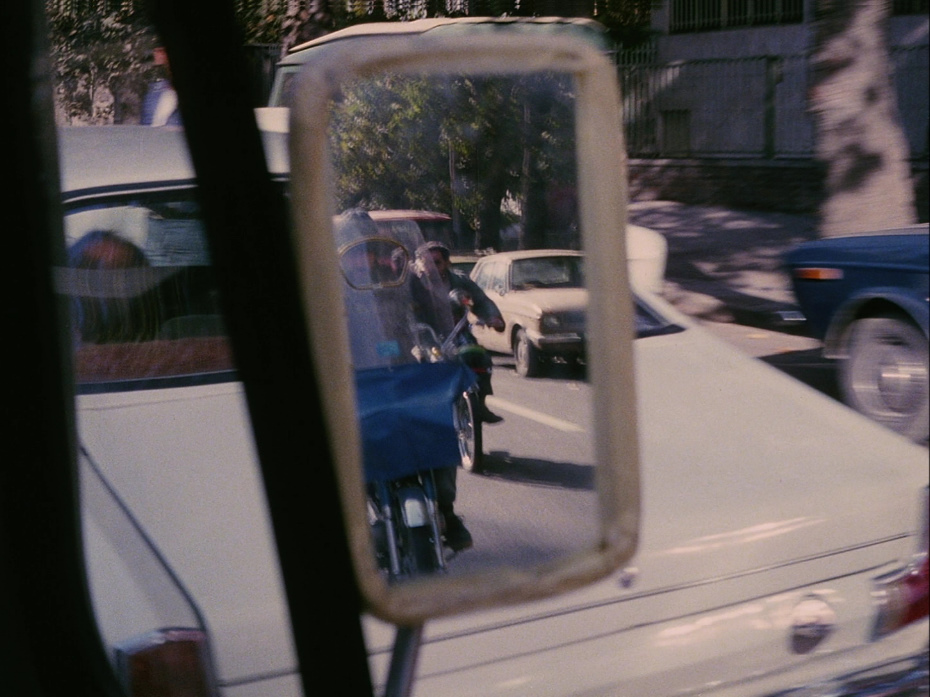
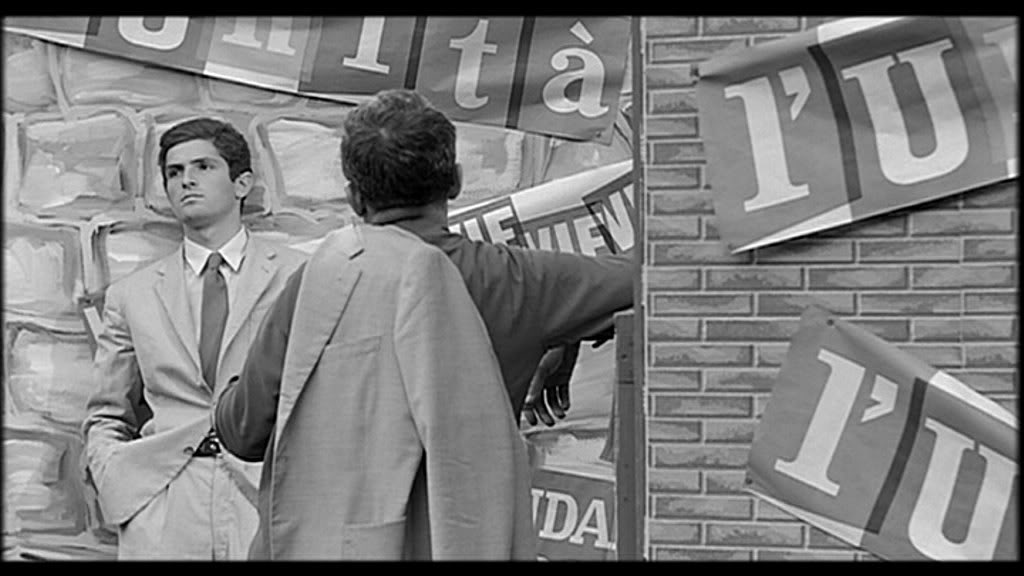
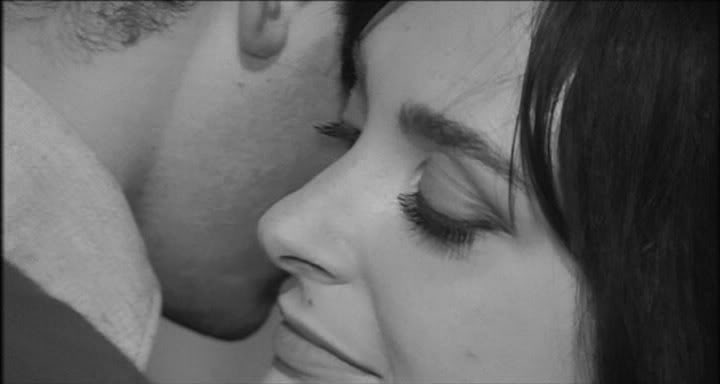
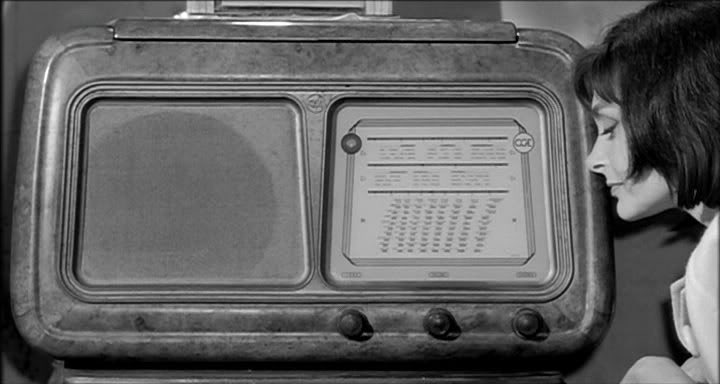
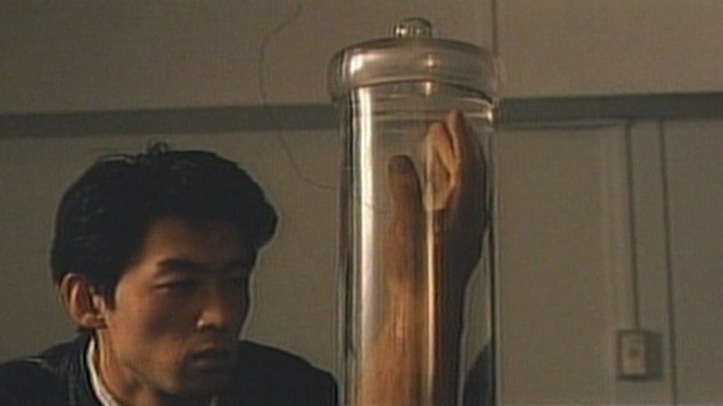
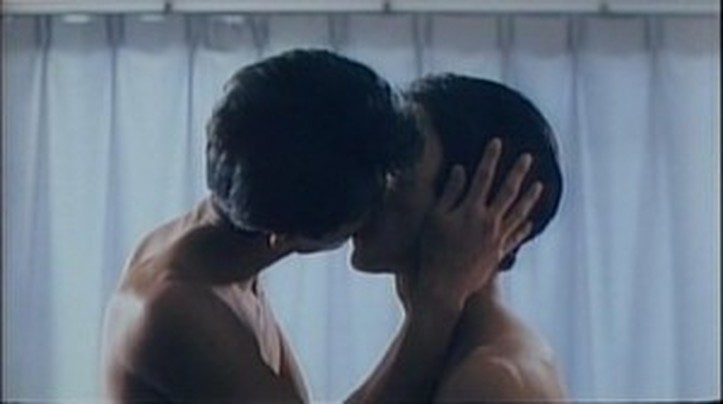
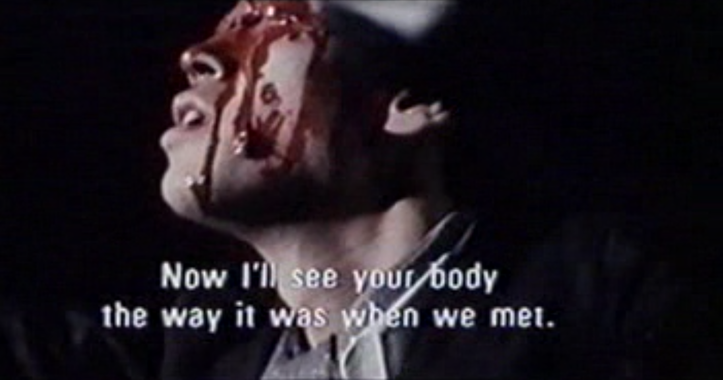
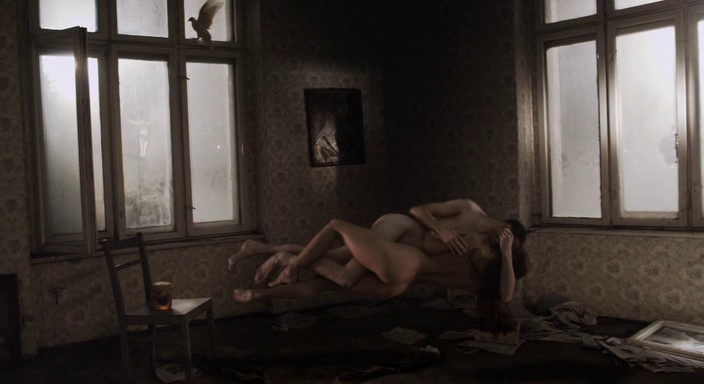

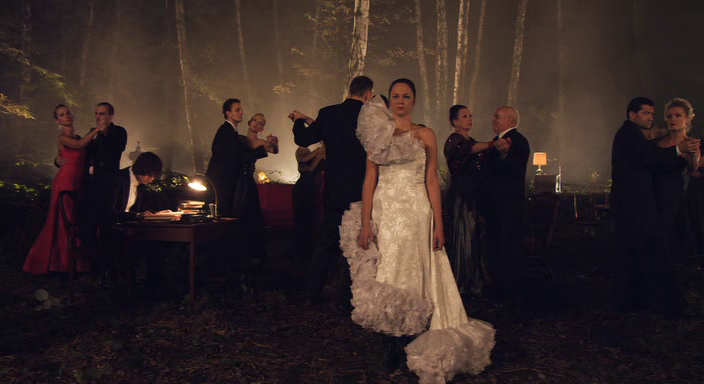
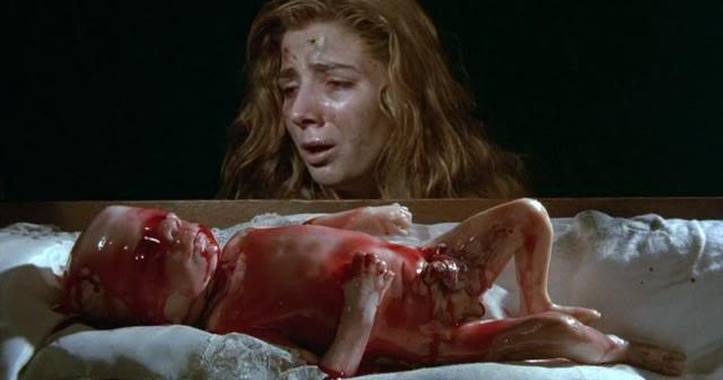
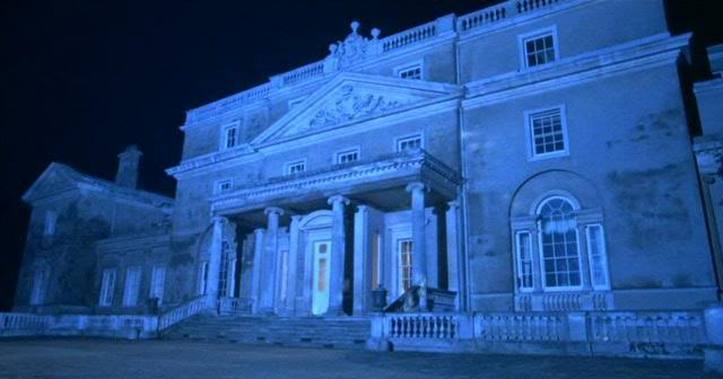
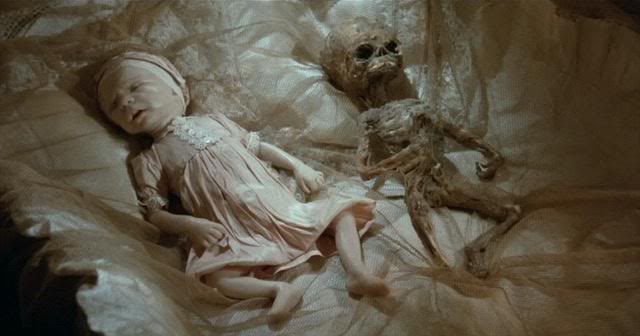
 RSS Feed
RSS Feed
